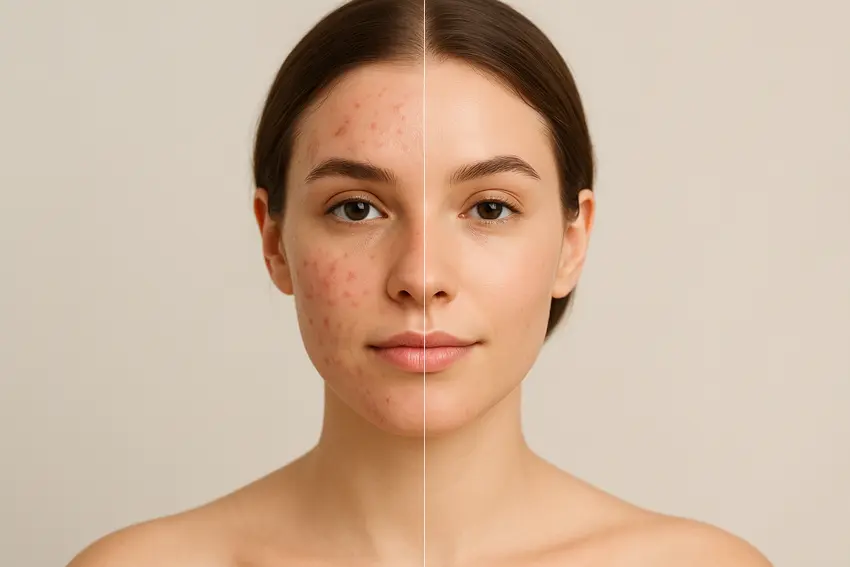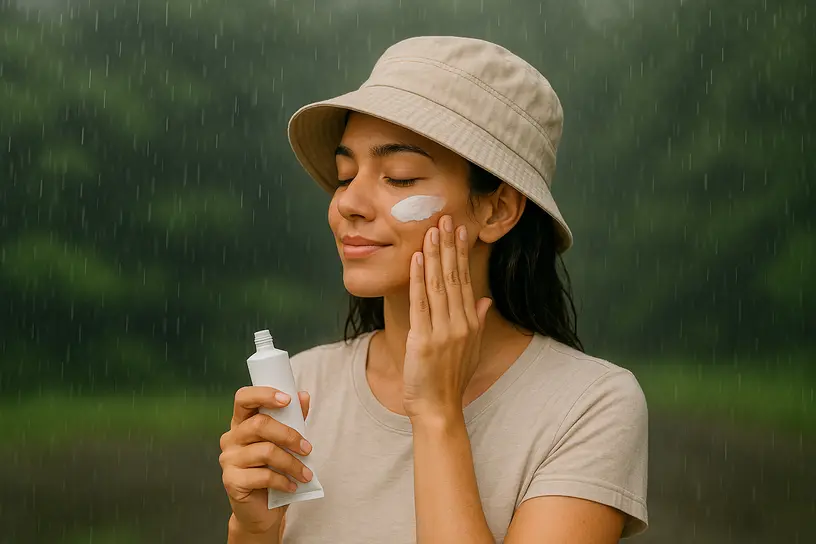How Stress Affects Your Skin: 7 Ways to Restore Your Natural Glow
Ever notice how your skin seems to act up right before an important presentation or during a particularly challenging week? You're not imagining things. The connection between stress and skin health is real, and understanding this relationship can be the
Read More




